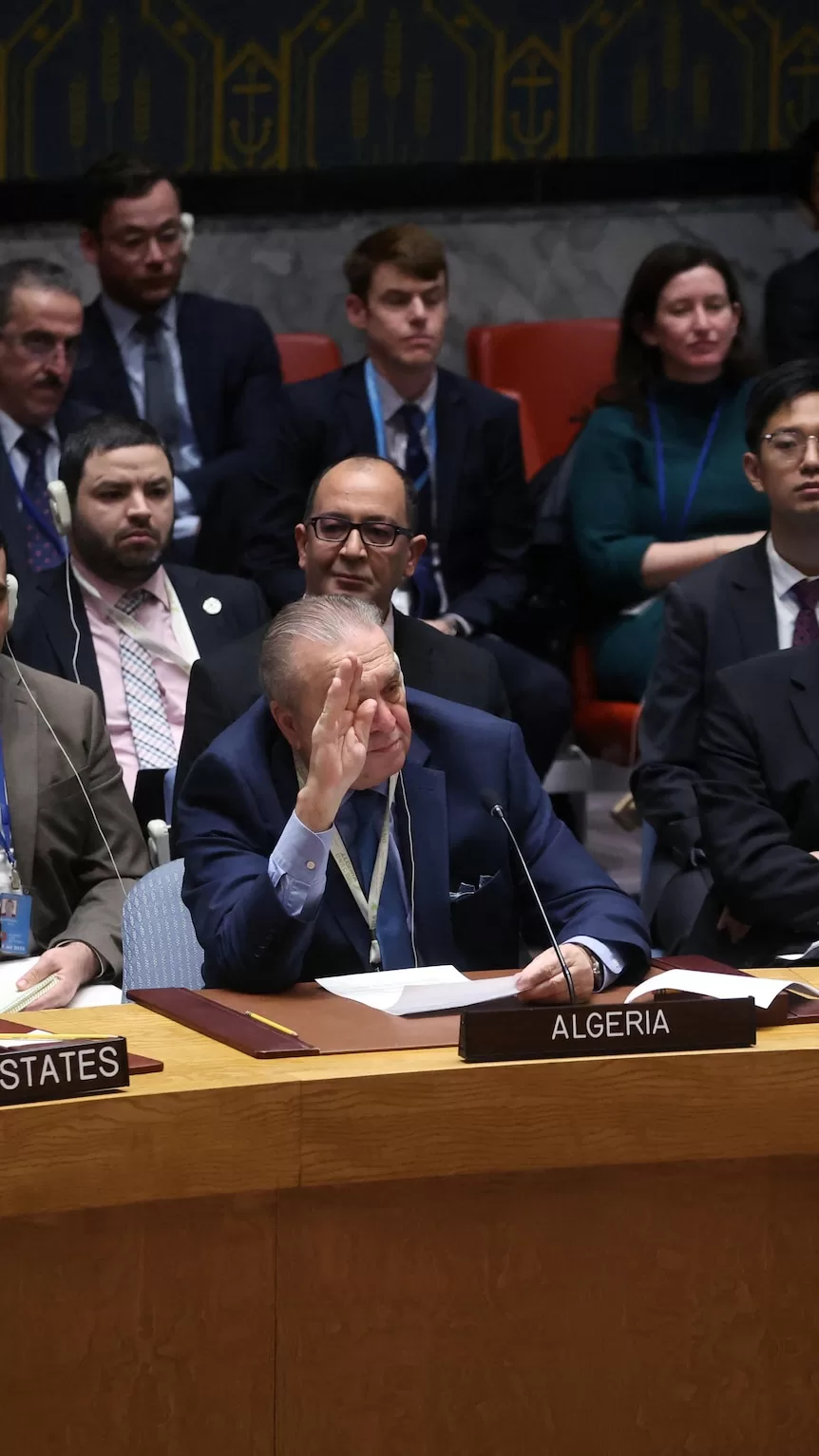- In short: Russia and China have voted against a UN Security Council resolution calling for a ceasefire in Gaza.
- Both countries have veto power on the council.
- What’s next? Russia’s ambassador told the meeting an alternate resolution had been drafted by non-member states that should be supported.
The United Nations Security Council has failed to pass a resolution calling for an immediate ceasefire in Gaza as part of a hostage deal after Russia and China, who are permanent members, voted against the measure proposed by the United States.
The vote came on the same day Israeli Prime Minister Benjamin Netanyahu said that his country remained determined to send troops into the southern Gaza city of Rafah, where more than 1 million Palestinians are sheltering, and would do so without US backing if necessary.
Mr Netanyahu said in a statement he had told visiting US Secretary of State Antony Blinken that there was no way to defeat Hamas without going into Rafah.
“And I told him that I hope we will do it with the support of the US, but if we have to — we will do it alone,” Mr Netanyahu said.
The resolution considered by the Security Council called for an “immediate and sustained ceasefire” lasting roughly six weeks that would protect civilians and allow for the delivery of humanitarian assistance.
The vote in the 15-member Security Council was 11 members in favour, three against and one abstention.
“The vast majority of this council voted in favour of this resolution, but unfortunately Russia and China decided to exercise its veto,” US Ambassador to the United Nations Linda Thomas-Greenfield told the Security Council.
Before the vote, she said it would be a “historic mistake” for the council not to adopt the resolution.
Russia’s ambassador to the UN, Vassily Nebenzia, also speaking before the vote, called on members not to vote in favour of the resolution.
He said the resolution was “exceedingly politicised” and contained an effective green light for Israel to mount a military operation in Rafah.
“This would free the hands of Israel and it would result in all of Gaza and its entire population, having to face destruction, devastation, or expulsion,” Mr Nebenzia told the meeting.
He said a number of non-permanent members of the Security Council had drafted an alternate resolution, which he called a balanced document, and said there was no reason for members not to support it.
China’s ambassador to the UN said Beijing also supported the alternative resolution.
But Ms Thomas-Greenfield said that measure fell short.
“In its current form, that text fails to support sensitive diplomacy in the region,” Ms Thomas-Greenfield said.
“Worse … it could actually give Hamas an excuse to walk away from the deal on the table.”
US Secretary of State Antony Blinken said on Thursday he believed talks in Qatar, which are focused on a six-week truce and the release of 40 Israeli hostages and hundreds of jailed Palestinians, could still forge an agreement.
The US resolution had backed talks brokered by the US, Egypt and Qatar over a ceasefire.
Reuters, AP, ABC
